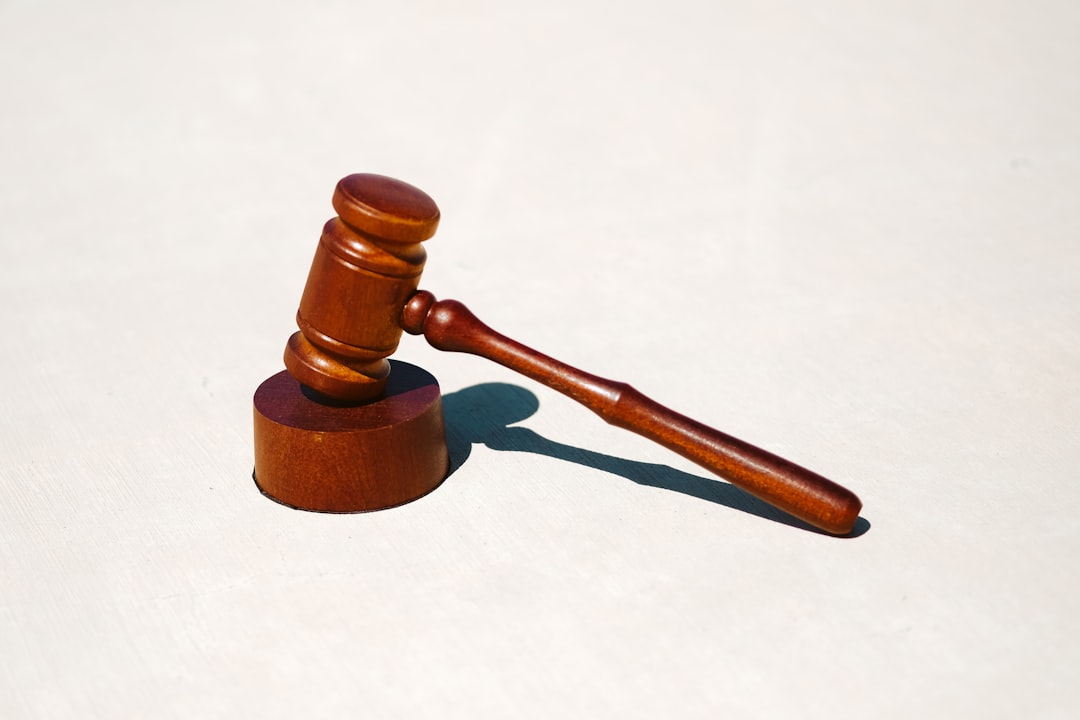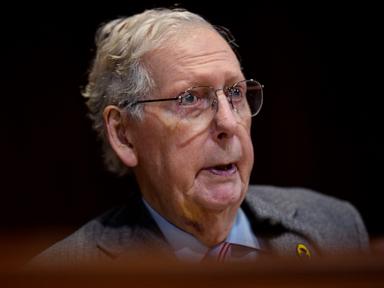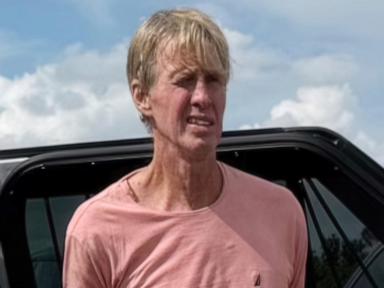The Day the Gavel Fell Silent (image credits: Unsplash)
Washington, D.C. – Amid the crisp fall air hanging over the marble steps of the nation’s highest court, a long-anticipated decision landed with quiet finality, closing the door on years of legal battles tied to one of the darkest chapters in recent American history.
The Day the Gavel Fell Silent
Picture this: the Supreme Court kicks off its new term, and right out of the gate, it turns away Ghislaine Maxwell’s desperate bid for freedom. Convicted in 2021 for her role in recruiting and grooming underage girls for Jeffrey Epstein’s abuse, Maxwell had pinned her hopes on the justices overturning her 20-year sentence. But in a move that surprised no one watching closely, they let her lower court loss stand without a word of explanation.
This isn’t just any rejection—it’s the end of the line for her appeals. Maxwell’s team argued that a shady 2008 plea deal Epstein cut with federal prosecutors in Florida should have shielded her too. The high court, though, saw no reason to wade into that mess, leaving her to serve out her time in a low-security prison in Florida.
Why Maxwell’s Argument Never Gained Traction
At the heart of her appeal was that non-prosecution agreement from Epstein’s era, which some claimed extended immunity to his “potential co-conspirators.” Sounds clever on paper, right? But federal appeals courts, including the one that heard her case, shot it down, saying the deal didn’t cover crimes outside Florida or later investigations.
Legal experts had predicted this outcome for months. The Supreme Court rarely takes up cases like this unless there’s a glaring circuit split or constitutional bombshell. Here, the justices likely figured the lower courts got it right—Maxwell’s actions were fair game for prosecution, no matter what Epstein negotiated years earlier.
It’s a stark reminder of how plea deals can unravel when new evidence or victims come forward. Maxwell’s conviction relied on testimony from four women who detailed the grooming and abuse, painting a picture too damning to ignore.
Tracing the Twisted Path to This Moment
Let’s rewind a bit. Epstein’s 2019 arrest reignited the firestorm, but his death in jail shifted the spotlight to Maxwell. She went from socialite circles to the defendant’s table, facing charges of sex trafficking and conspiracy. Her 2021 trial was a media circus, with jurors hearing harrowing stories that linked her directly to Epstein’s predatory world.
Post-conviction, appeals flew fast. A federal appeals court upheld everything in 2024, calling her challenges “meritless.” Undeterred, her lawyers punted it to the Supreme Court last summer, hoping for a miracle. Now, with that door slammed shut, the focus shifts to what comes next for victims seeking closure.
The Broader Shadows of the Epstein Network
This decision doesn’t just affect Maxwell—it underscores the limits of accountability in high-profile scandals. Epstein’s web touched politicians, celebrities, and billionaires, yet few others have faced the music. Trump’s recent pardon chatter added fuel, but the court stayed above the fray, prioritizing legal precedent over political noise.
Victims’ advocates are breathing a sigh of relief. For them, every upheld conviction is a win against a system that once let predators like Epstein skate. But questions linger: Will sealed documents ever see daylight? And could this pave the way for more lawsuits against enablers?
Inside the Courtroom Drama That Shaped Her Fate
Maxwell’s trial wasn’t short on twists. Defense lawyers hammered at witness credibility and FBI handling of evidence, even accusing the government of hiding exculpatory info. Prosecutors countered with flight logs, financial records, and those powerful survivor accounts that left little room for doubt.
One key debate? Whether the statute of limitations barred some charges. Courts said no, ruling that trafficking crimes could be prosecuted as long as victims were minors at the time. It’s a precedent that might help future cases, showing the law can reach back even decades.
- Maxwell’s recruitment tactics often started innocently—promising career advice or scholarships.
- Epstein’s properties, from New York mansions to private islands, served as the grim backdrop.
- Her sentence breakdown: 20 years plus fines and restitution to victims.
- Appeal grounds included claims of jury bias and improper evidence admission.
- Lower courts rejected all, calling the trial “fundamentally fair.”
Looking Ahead: Justice Served or Story Unfinished?
As Maxwell settles into her sentence, the Epstein saga feels far from over. Unreleased files could still drop bombshells, and civil suits against banks and associates keep bubbling. For now, though, the Supreme Court’s nod to the conviction sends a clear message: no one is above the law, not even those orbiting the elite.
Key Takeaways:
- The rejection ends Maxwell’s Supreme Court hopes, upholding her 20-year term.
- Epstein’s 2008 deal offered no protection for her federal charges.
- This bolsters victim rights in long-running abuse cases.
In the end, this ruling might close one chapter, but it opens eyes to how deeply systemic failures allowed such horrors to fester. What do you think—does this bring real justice, or is there more work to be done? Share your thoughts in the comments.








